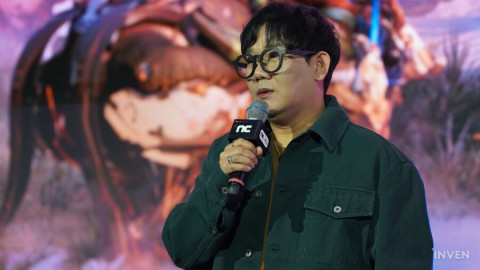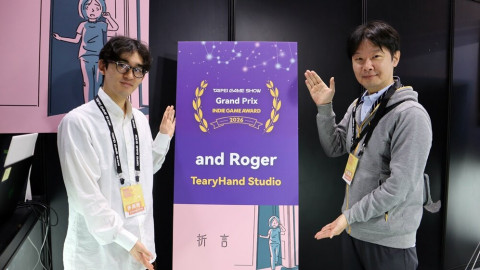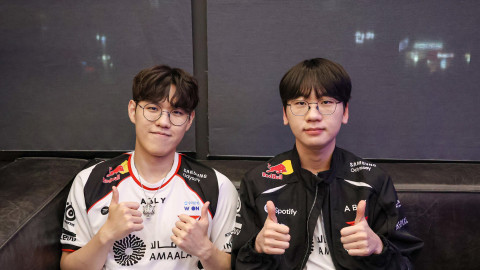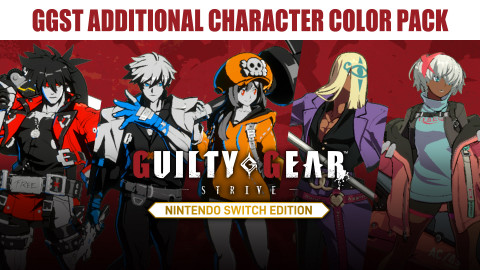
First of all, I have to admit that I don’t know yet how to feel about the concept of the Esports Industry Awards. On the one hand, I can see how highlighting the best (which always is an arbitrary term) of a scene benefits it, and especially in a relatively new scene like esports such highlights help grow it even further. But on the other hand, they remind me too much of other industries’ equivalents (like the Golden Globes) and feel a bit too much like a pat on the scene’s own back.
Nevertheless, I was disappointed when this year’s Esports Game of the Year nominees was announced and, like last year, Hearthstone wasn’t there. I’m under no illusion that the esports scene of the game I love stands up to the giants of Counter-Strike, Dota 2, League of Legends and as of this year Overwatch. But surely Hearthstone by several metrics can at least find equal footing with Street Fighter V, Rainbow Six Siege and Super Smash Bros. Melee, right? Even Fortnite – although the game itself is a massive success and Epic is throwing heaps of money at it – is still struggling with its competitive scene.
Of course, this doesn’t just pertain to the Esports Industry Awards. They’re merely a token, a symbol for the underlying problem: the way many in the esports community perceive Hearthstone as a competitive game. Which… isn’t too positive.
But why is that? Why was the achievement of James “Firebat” Kostesich, Hearthstone’s first world champion, met with some ridicule when he told competitors in other games about his achievement? Why did StarCraft caster Kevin “RotterdaM” van der Kooi to my befuddlement once say “everybody can just play a couple of cards, it’s not that hard” when we had a chat about esports on the way back from WESG?
It would be easy to say that everyone else is just blind to brilliance. However, more philosophical speaking: problems you think you see in others can be solved by looking at yourself.
A gnarly attitude
In May of last year, fellow writer Radoslav “Nydra” Kolev wrote an article touching on the same subject, albeit with a slightly different approach. The piece, titled ‘Hearthstone excellence should be celebrated way more’, notices the same issue I’ve mentioned before and gives two reasons why Hearthstone esports has an image issue: “First, it’s Hearthstone’s very nature. Being a card game, Hearthstone is tied to the slings and arrows of fortune, to a greater or lesser extent. Timely top decks, lucky RNG hits and bad opening hands can singlehandedly decide a match, often even a series. Then, there’s the way the community perceives the aforementioned first reason.”
To tackle the first problem the article at length argues what excellence in card games even mean, and paints a strong picture backed up by hard facts. That won’t be necessary in this article, and not even because Nydra fulfilled his task. No, it’s because the Hearthstone Esports team has taken big steps into the right direction with the esports structure. It’s not perfect, but it definitely highlights consistency more than it has ever done before. Just this weekend Hunterace was the first to hit 1 Star Master with still 4 months to go, and he’s just the prime example – other consistent Hearthstone players like Muzzy, Feno and Shaxy visibly lead the charts. Aside from a couple of relatively small things (like introducing a dedicated analyst desk to highlight great plays mid-series) to show there’s skill in Hearthstone, Blizzard has done well.

This leaves us with the second and largest hurdle Hearthstone has to take to regain its status among other esports:the community’s attitude. Spoiler alert: it’s bad. And bad attitudes cause serious harm to an esports’ growth. For example, in the Fighting Game Community, a small group aggressively opposed ‘their game’ (Street Fighter, in this case) being on the big stage of ELEAGUE.
In Hearthstone a part of the community – too large of a part indeed – feels the incredibly annoying urge to swoop in whenever Hearthstone esports is mentioned, and present their oh-so-striking and edgy analysis that the randomness in Hearthstone invalidates its claim as an esport. That’s right, instead of accepting the fact that they are bad players by comparison, they’d rather ignore statistics as well as pro’s own opinion that Hearthstone has increasingly created great skill-testing metas, and drag it all through the mud.
But endlessly screaming into the void of ignorance won’t help. And in all fairness, it’s not strange that this is where we are at the moment. The first two years of competitive Hearthstone saw tournament systems which work perfectly fine for a game like CS:GO or Dota 2, but in card games failed to emphasize consistency. On top of that, casting for Hearthstone esports still had to figure itself out – deckbuilding mastery, banning strategies and key plays weren’t given attention nearly as much as they (thankfully) are nowadays.
Most of all, however, Hearthstone authorities hid behind the RNG argument for too long. And it saddens me to say that many professional Hearthstone players, both competitors and streamers, still do so. Just keep an eye on Twitter whenever a Tour Stop is played, and consider if all those complaining pros simultaneously got unlucky, or if their line-ups and plays could use improvement.
What originated as a meme now actively convinces newcomers and skeptics that Hearthstone holds no true competitive potential.
Look, I get it. Randomness is what’s spicy in Hearthstone, and wacky unpredicted outcomes are what many find joy in when watching Hearthstone; it’s why Kripparian’s Arena stream and Thijs’ off-meta decks do so well on Twitch. Explaining that you’re thinking 5 turns ahead, as tournament players do, is the boring skill-testing part of Hearthstone. But the balance between complaining about RNG – be it jokingly or serious – and acknowledging expertise is off.

We need more Tweets like these (not particularly of Dog losing) to change the community’s attitude
To change is to cheer
By now all who are still reading this article in one way or another care for Hearthstone esports. And it’s you who I’m talking to. We need to be more mindful of how we present Hearthstone as an esport. Not just to those unfamiliar with the game, but especially to those who now play the game but don’t hold it in high regard. That’s where it starts, and gradually a change is happening. Players like Orange and justsaiyan aren’t afraid to admit their own shortcomings, and know that improving means acknowledging defeat.
Earlier on I said that it’d be easy to just say that everyone who dismisses Hearthstone as an esport is blind to brilliance. No, they’re not blind at all: by undermining our own game we’ve given them plenty of reason to look away. And it’s our own cheers that have to make them turn their heads again. I know Hearthstone esports is mostly made up of calm people, but we need to celebrate Hearthstone more. Instead of nodding at the right play, take to social media to explain why a certain player rightfully won, in your eyes. Highlight quality.
I need to change my attitude too. Whenever I saw that nominations for some kind of esports award were opened, it didn’t even cross my mind to nominate Hearthstone as best esports title, or a Hearthstone player as best esports player. “They’ll lose to the great esports anyway,” I thought. But if we never show how brilliant our scene can be, how can others ever know it? In the end, Hearthstone isn’t nominated because we don’t nominate it.
So start cheering now. And when the next Esports Industry Awards show up, whether they’re trivial to you or not, support your favorite game, support your favorite player, support your favorite caster. It matters.
Photos by Blizzard Entertainment.
-

Storyteller by heart. If something is competitive, I am interested in it.
Sort by:
Comments :0





